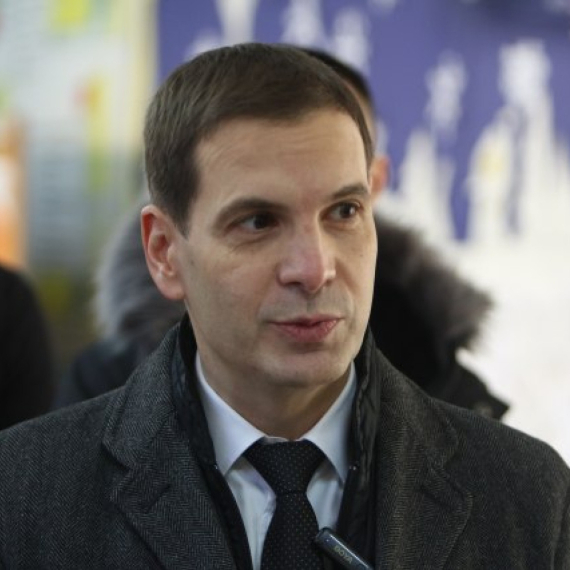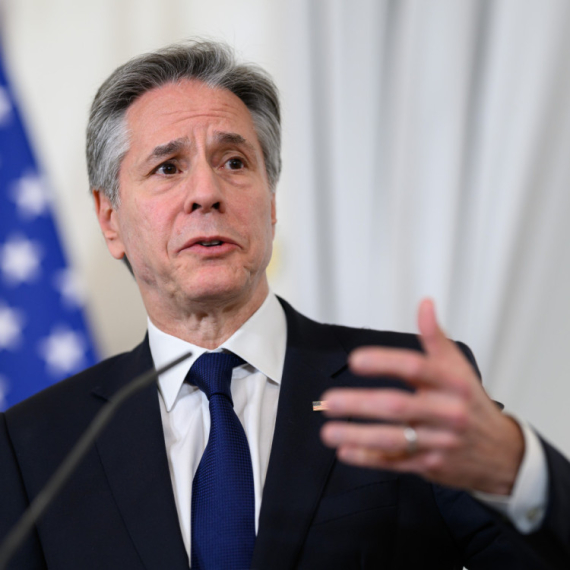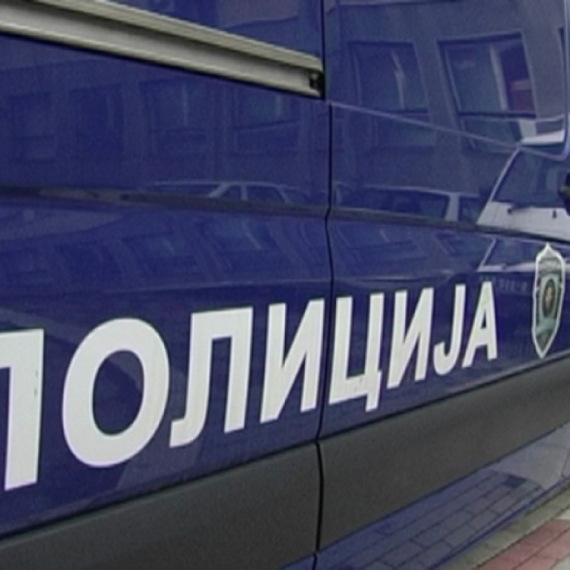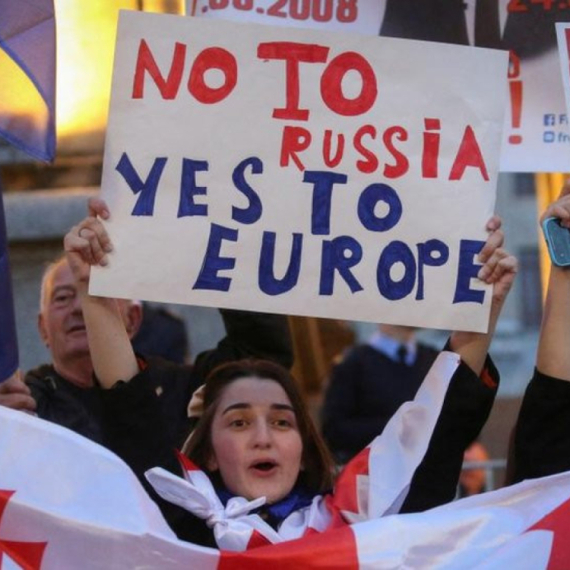Germans rate Serbian economic climate as "negative"
72 percent of Germany companies working in Serbia say the economic situation in Serbia is negative.
Thursday, 28.05.2009.
11:09

72 percent of Germany companies working in Serbia say the economic situation in Serbia is negative. Presenting the results of a survey of German businessmen on the economic situation in Central and Eastern European countries where they are doing business, the head of the German business delegation in Serbia, Michael Schmidt, said that the general economic situation was worse than last year and that negative market trends were expected. Germans rate Serbian economic climate as "negative" “What is positive is that more than half of German businessmen rate the situation in their own companies positively and expect increases in earnings, so, in terms of individual companies, it is not that bad,” Schmidt said. He said that only about six percent of companies planned on increasing investments in Serbia, compared to 60 percent of companies last year. A majority of Germany companies, he said, planned to retain all their employees in Serbia, while about 25 percent planned to cut staff numbers, while about five percent planned to take on new staff. “The situation is stable, but there is no development,” the head of the German delegation said. Schmidt said that the number of German companies that would invest in Serbia again had fallen from 97 percent last year to 82 percent this year. Serbia no longer topped the list for this criteria, he said, adding that Serbia’ ranking in terms of attractiveness for investment in the region had fallen too. Schmidt said that Serbia was ahead of Bulgaria, Hungary and Romania, but behind the Czech Republic, Albania and Macedonia. He said that the drop in interest for investing in Serbia was a result of general market trends and the problem of securing money for financing. Schmidt said that about 65 percent of survey respondents were unhappy with the government’s anti-crisis measures. He said that German companies in Serbia had thus far invested about EUR 1.5bn, which included investments through affiliated companies from Austria. Schmidt said that there were about 300 Germany companies operating in Serbia. The survey, conducted by the Germany Economic Association in Serbia, covered about 15 percent of the association’s 144 members, he said.
Germans rate Serbian economic climate as "negative"
“What is positive is that more than half of German businessmen rate the situation in their own companies positively and expect increases in earnings, so, in terms of individual companies, it is not that bad,” Schmidt said.He said that only about six percent of companies planned on increasing investments in Serbia, compared to 60 percent of companies last year.
A majority of Germany companies, he said, planned to retain all their employees in Serbia, while about 25 percent planned to cut staff numbers, while about five percent planned to take on new staff.
“The situation is stable, but there is no development,” the head of the German delegation said.
Schmidt said that the number of German companies that would invest in Serbia again had fallen from 97 percent last year to 82 percent this year.
Serbia no longer topped the list for this criteria, he said, adding that Serbia’ ranking in terms of attractiveness for investment in the region had fallen too.
Schmidt said that Serbia was ahead of Bulgaria, Hungary and Romania, but behind the Czech Republic, Albania and Macedonia.
He said that the drop in interest for investing in Serbia was a result of general market trends and the problem of securing money for financing.
Schmidt said that about 65 percent of survey respondents were unhappy with the government’s anti-crisis measures.
He said that German companies in Serbia had thus far invested about EUR 1.5bn, which included investments through affiliated companies from Austria.
Schmidt said that there were about 300 Germany companies operating in Serbia.
The survey, conducted by the Germany Economic Association in Serbia, covered about 15 percent of the association’s 144 members, he said.


























































Komentari 6
Pogledaj komentare